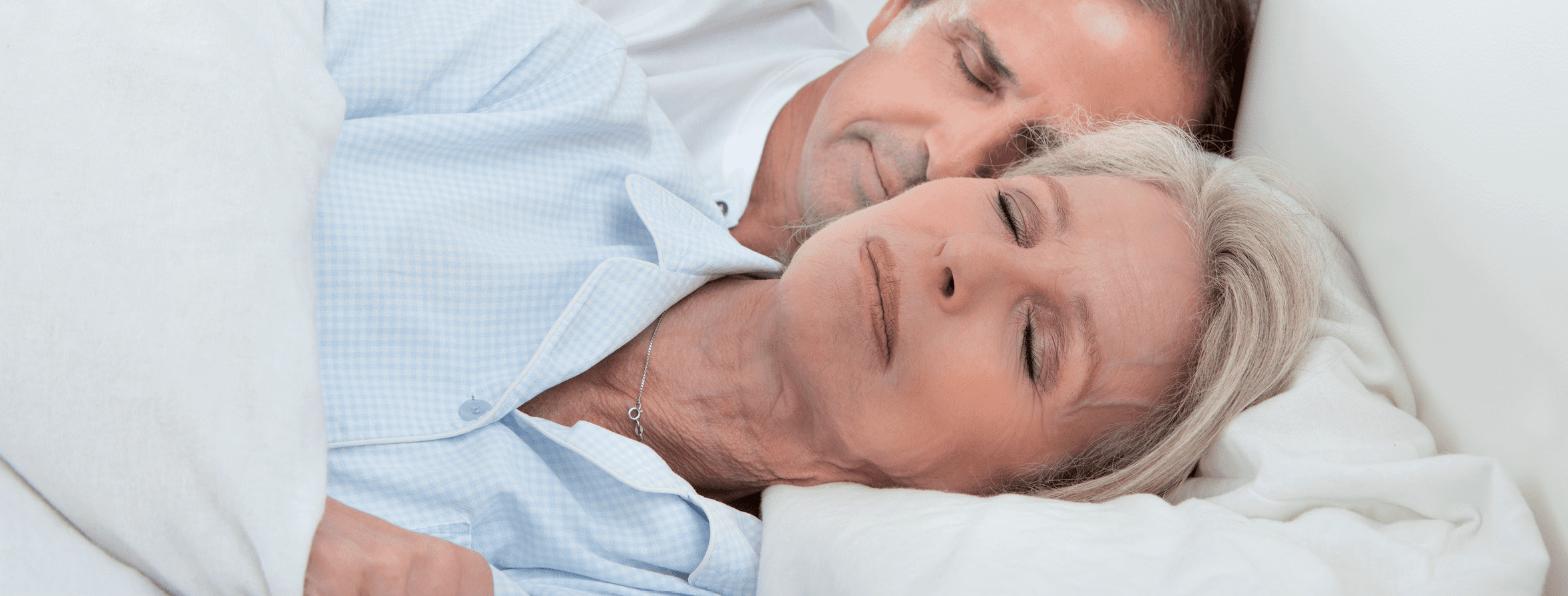Sleep order can be a serious disease. We spend a lot of time sleeping and it’s really important that it’s of good quality. The amount of sleep that needs to be done on a daily basis varies from one person to another. It’s generally accepted that it should be between six and ten hours. Insomnia can be a troublesome issue as it can alter your mood and health entirely. The negative side-effects of sleep disorders are daytime sleepiness, mood disorders, concentration issues, anxiety, depression, and more. On the other hand, having too much sleep is also not good.
Want to learn more? Keep reading the article by Pr. Paul-André Despland!
We spend a third of our lives sleeping. This means that we spend more time sleeping than working and yet it seems that work fills our lives. The function of sleep remains one of the great mysteries to which biology and genetics are slowly but surely beginning to provide an answer. Without sleep we could not live. Sleeping is an instinct like eating.
Quality of sleep
The architecture of our sleep is based on biorhythms. Sleep is made up of cycles that are repeated 4 to 5 times during the night. Each cycle of 90 plus or minus 20 minutes is made up of light slow-wave sleep, then deep sleep, REM sleep with eye movements and dreams.
The length of the cycles varies depending on whether the cycle is at the beginning, middle, or end of the night. The first two cycles of the night have more deep sleep, while the last cycles in the morning have more light and REM sleep. The duration of a complete cycle is person-dependent but highly variable from one individual to another. Because of this rhythmic and temporal organization of our sleep, which is innate to everyone, we will never transform an early sleeper into a late sleeper and a long sleeper into a short sleeper. So imposing a rhythm on our sleep to compare it to the so-called standard one is too risky and will transform a normal sleeper into a future insomniac.
Amount of sleep
Very few people really know how long they sleep. They give very fanciful figures. To get closer to the truth, you have to use the sleep diary.
Contrary to a very common and erroneous idea, the amount of sleep does not only depend on its duration, which is given too much importance. The quantity of sleep also depends on its depth (deep sleep stages). Sleep thus has two dimensions and the second is almost always forgotten. This explains why we can sleep for a long time and still have insufficient sleep quality, which makes it difficult to wake up and feel tired in the morning. Most insomniacs try in vain to increase the duration of their sleep without realizing that it would often be sufficient to deepen it.
We ignore our internal clock
Medicine itself is still too interested in our anatomy and ignores the body’s time… When we go to bed, we look at the watch and say to ourselves “it’s time…”. But there is nothing that destroys sleep more than watches and clocks… The only watch that we must learn to consult before going to bed is our own internal clock. So we are slaves to our watches and we ignore our internal clock. The medicine of today and especially of tomorrow is beginning to realize that one of the great keys to health and good sleep is respect for our inner rhythms: chronobiology.
Our internal biological clock tells us when to go to bed and when to get up. To ignore this is to open the door to sleep disorders. We must convince ourselves that we cannot change the length of our biological cycles. They are intangible. The elderly tend to go to bed too early, due to a lack of social activities in the evening, and wake up too early, they are ahead of schedule.
Those who sleep badly
Insomnia involves night-time complaints about difficulty falling or staying asleep and overall sleep quality. Normally, one falls asleep between 15 and 30 minutes. You are allowed to wake up 2 to 3 times during the night, but you should fall back asleep within 15 minutes on average. If you wake up too early and permanently, it is a reflection of jet lag, environmental problems, or anxiety disorders.
Insomnia also generates “daytime complaints” with phases of hypervigilance, daytime sleepiness, mood disorders, concentration and professional difficulties, and socio-family maladjustment.
When the sleep disorders are established, the patient will gradually complain of:
- daytime sleepiness, apathy
- concentration disorders
- mood disorders
- depression and anxiety
- absenteeism
- accidents at work, traffic accidents
Those who sleep too much
For many people, sleep disorders are mainly associated with insomnia. Yet excessive night-time sleep and daytime sleepiness are symptoms that are just as bad as a lack of sleep. Emerging totally exhausted from a “leaden” sleep, falling asleep at red lights, or at the slightest inactivity, this is a sad lot of the hypersomniac. The frequency of hypersomnia is not rare and represents about 8% of the population. The causes of daytime hypersomnia, such as insomnia, are numerous and the treatments vary. One of the most common but still poorly diagnosed causes is sleep apnoea.
Diagnostic approach: Today
For a long time it was thought that insomnia was psychological, hence certain guilt on the part of the poor sleeper and the fact that he or she only consulted his or her doctor too late. The origin of sleep disorders is however much more complex and requires a meticulous and precise etiological approach. Numerous pathologies can disturb sleep, whether endocrine, cardiological, urological, rheumatological, neurological, psychiatric or finally medicinal.
It is absolutely necessary to exclude the apneic snorer, the impatient legs syndrome, and therefore at the first consultation of sleep medicine, one must try to have the opportunity to question the partner. Finally, the patient’s entire lifestyle and sleep hygiene should be reviewed.
Therapeutic approach: Tomorrow
Our society is ill with sleep. In Switzerland, one in three people suffers from temporary or chronic sleep disorders. Too few people still report their sleep disorders to their doctor. Therefore, in the near future, the public and general practitioners must be informed about the consequences of sleep disorders, their detection methods, and the different therapeutic strategies.,
Sleep disorders are and will always be the cause of numerous psychosomatic and psychological disorders, accidents at work, traffic accidents, school and professional failures, and social exclusion.
The man at any age is not a serial object… Also, it will be necessary to know how to personalize his sleep, i.e. to know how to sleep “in his own style” which will not be the same for everyone.
Yesterday ignored, today despised, sleep disorders are becoming a public health concern and will have to be taken care of by a new specialty, sleep medicine, the medicine of the future.



![CH12768_BANNER-MANCASSOLA-980x180-EN[1]](https://rang-group.ch/wp-content/uploads/2021/05/CH12768_BANNER-MANCASSOLA-980x180-FR1.png?v=3358)






